Tooth sensitivity can strike unexpectedly, causing sharp pain when consuming hot, cold, sweet, or acidic foods and drinks. If you’ve ever winced while sipping coffee or biting into ice cream, you’re not alone. Sudden tooth sensitivity is a common issue, but understanding its causes and solutions can help you manage it effectively.
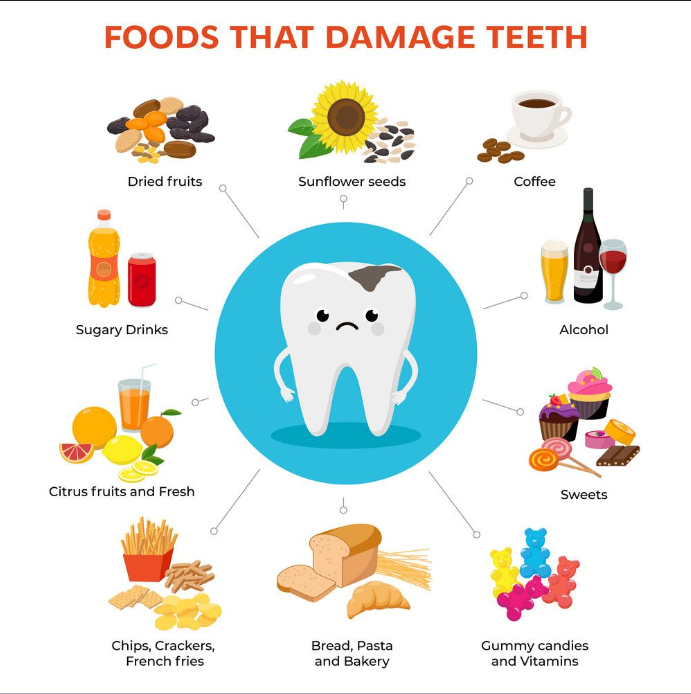
The first step in addressing tooth sensitivity is determining its root cause. Common triggers include:
Thin Enamel: Enamel erosion exposes the sensitive dentin underneath, leading to discomfort.
Grinding Teeth: Bruxism (teeth grinding) can wear down enamel and increase sensitivity.
Brushing Too Hard: Aggressive brushing can damage enamel and gums, exposing sensitive areas.
Acidic Foods and Drinks: Frequent consumption of citrus, soda, or wine can erode enamel.
Tooth Decay: Cavities near the gumline or nerve can cause sudden sensitivity.
Gum Recession: Receding gums expose tooth roots, which lack protective enamel.
If brushing too hard is the culprit, switch to a soft-bristled toothbrush and use gentle, circular motions. Consider a desensitizing toothpaste containing potassium nitrate or stannous fluoride to block pain signals. Additionally, avoid acidic foods and drinks that worsen enamel erosion—rinse with water afterward if consumed.
If tooth decay or gum recession is causing sensitivity, consult your dentist. Treatments may include:
Fluoride varnishes or gels to strengthen thin enamel.
Dental bonding or sealants to cover exposed roots.
A custom night guard if grinding teeth is the issue.
While waiting for professional treatment, try:
Saltwater rinses to reduce inflammation.
Clove oil (a natural anesthetic) applied to sensitive areas.
Avoiding extreme temperatures in food and drinks.
Protect your enamel by:
Using a fluoride mouthwash daily.
Chewing sugar-free gum to stimulate saliva production (which remineralizes enamel).
Scheduling regular dental check-ups to catch issues early.
If sensitivity persists despite home care, visit your dentist. Persistent pain could indicate deeper problems like infection or cracked teeth that require professional intervention.
Sudden tooth sensitivity can be alarming, but with the right approach—identifying causes, improving oral hygiene, and seeking professional care—you can reduce discomfort and protect your smile. By addressing factors like thin enamel, grinding teeth, and acidic diets, you’ll be on your way to pain-free teeth in no time!
For more expert dental tips, explore our blog or contact our team for personalized advice. https://www.powsmart.com/
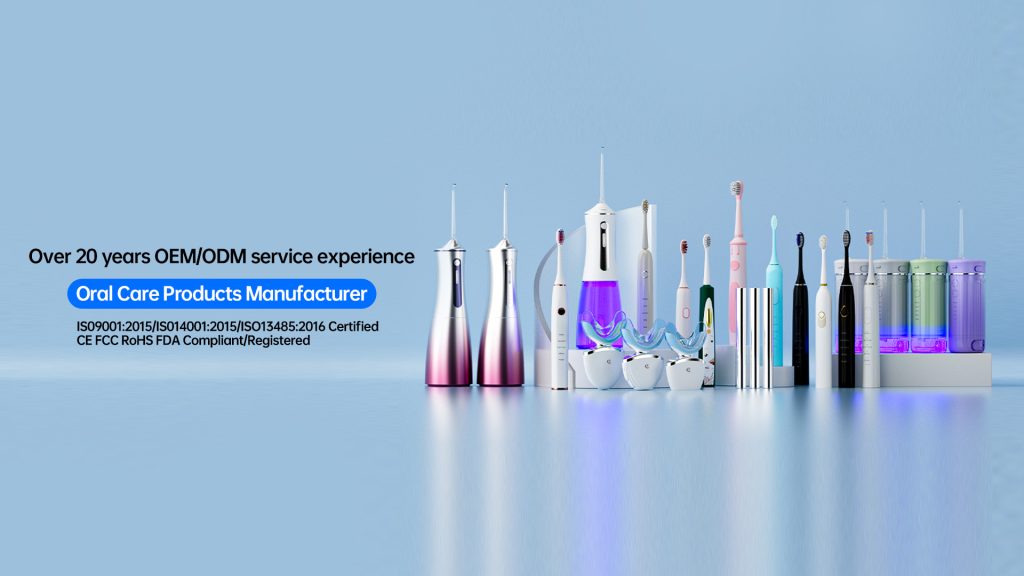
.jpg)
Red Blue Light Teeth Whitening Device OEM Manufacturing
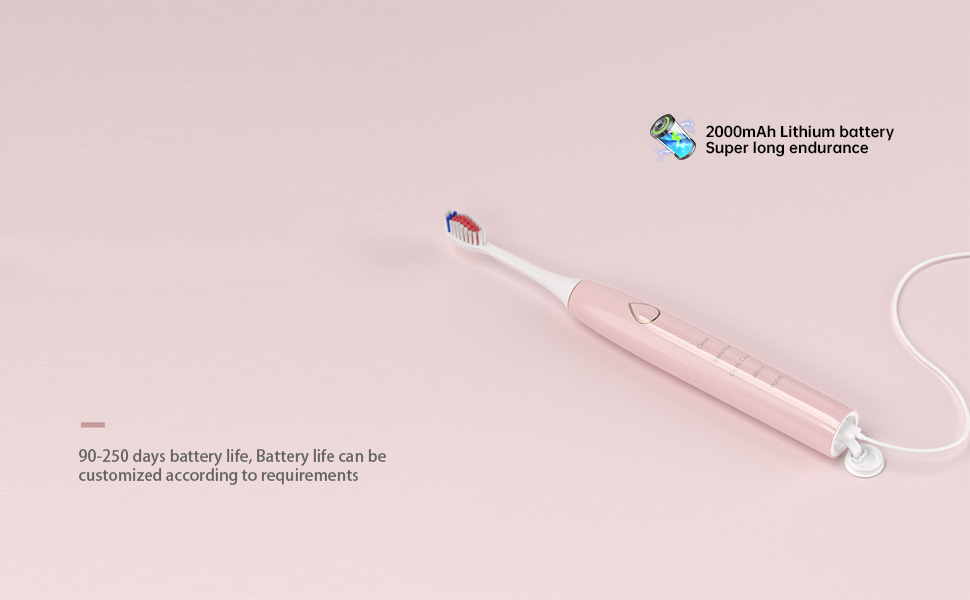
Pricing Strategy for Electric Toothbrushes: A Balancing Act Between Manufacturing Cost and Market Positioning
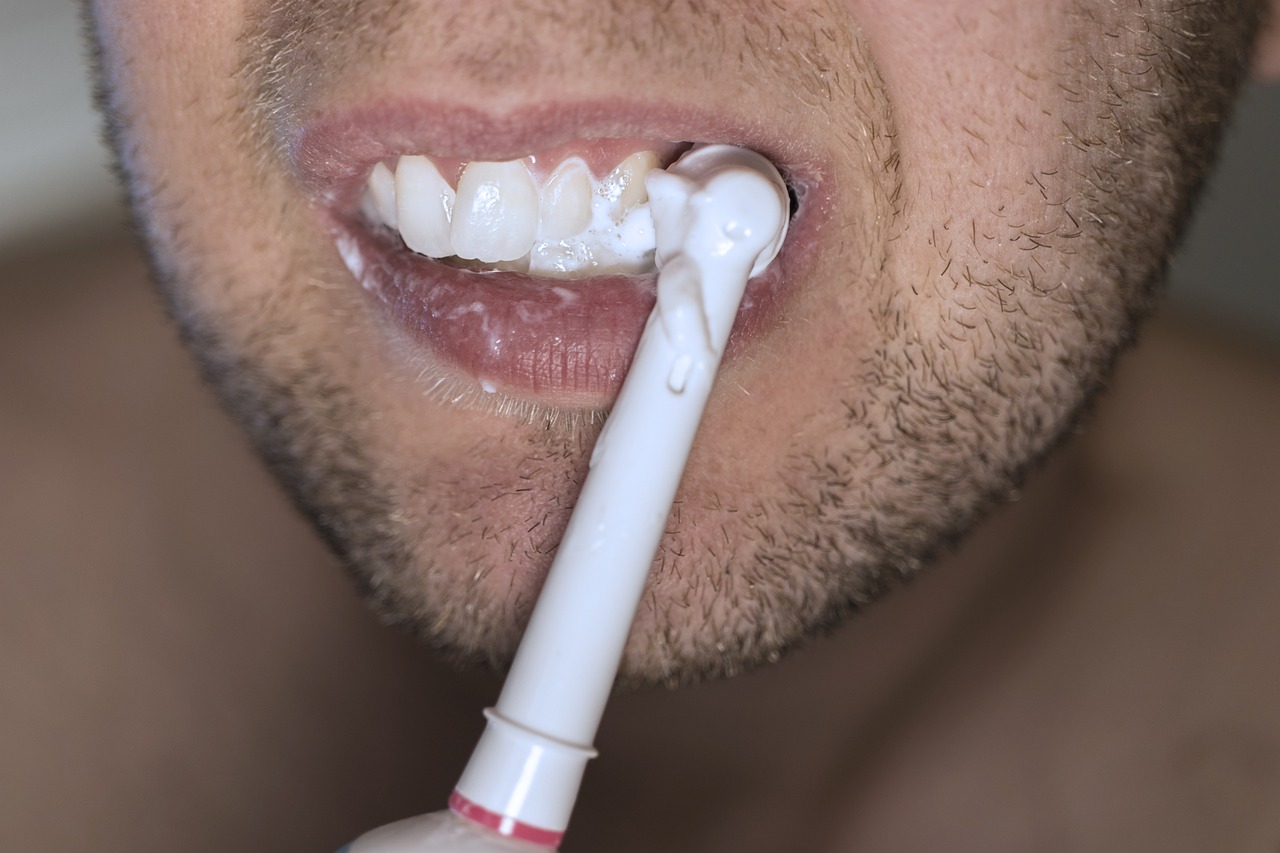
Is the Electric Toothbrush Market Growing?
.jpg)
Fort Worth deals on Texas replacement heads — how to claim?
.jpg)
OEM Process for Whitening Gel Products
.jpg)
adult sonic toothbrush wholesale | High-Performance Sonic Toothbrush Bulk Supply

Water Flosser Effectiveness – Maintain & Improve Dental Hygiene
.jpg)
Corporate Wellness Electric Toothbrush Pack | Bulk Oral-Care Gift Supplier

How to Establish a Stable Supply Chain for Oral Care Products? A Guide for Distributors
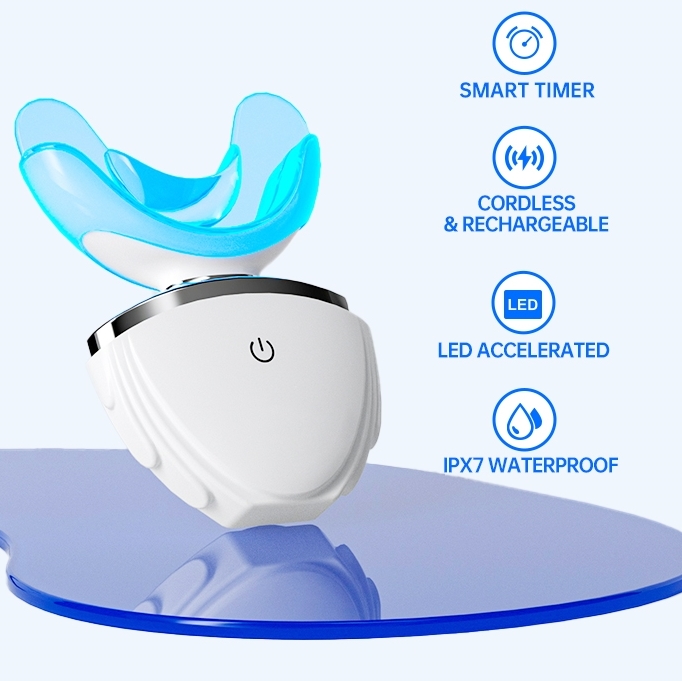
Why & How People Start a Teeth Whitening Business (Steps)
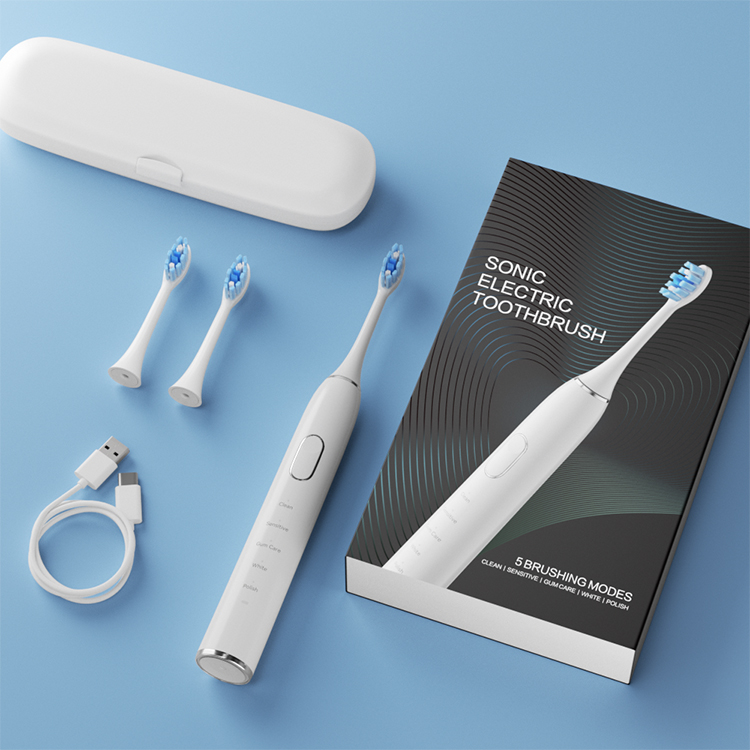
How Does Expert Electric Toothbrush Mold Design Benefit a Custom Toothbrush Factory?
.jpg)
Whitening Device Solutions for Beauty Retailers and Professional Channels
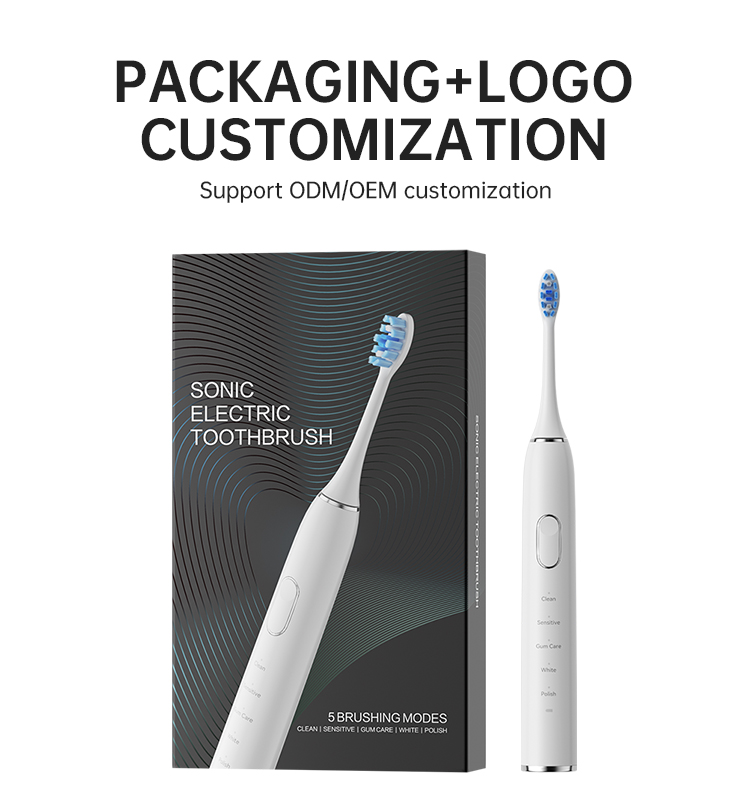
Does Your Sonic Vibration Core Require a Specialized PCB Assembly Service for Reliable Performance?
.jpg)
Why Water Flosser Pressure Calibration Matters for OEM Buyers
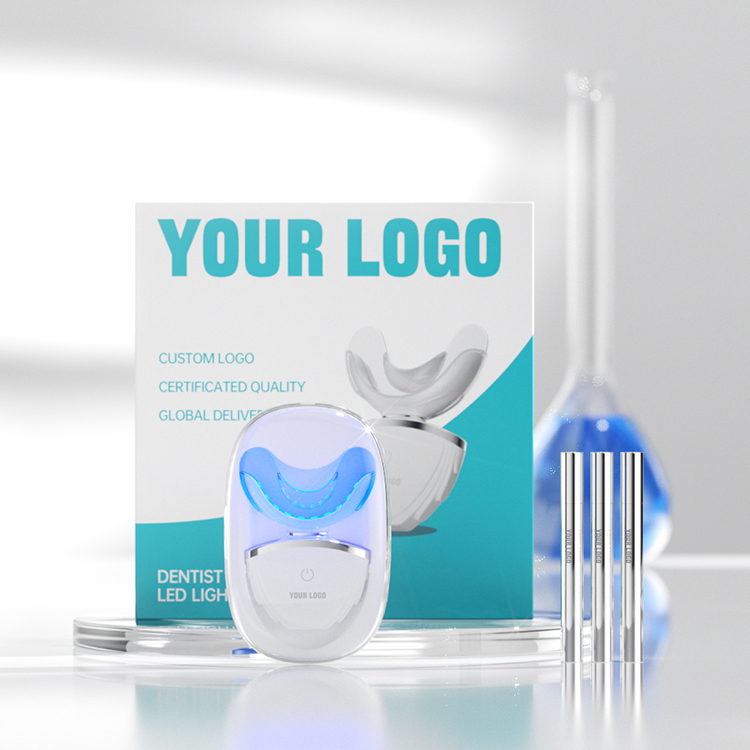
LED Teeth Whitening: Science or Gimmick? An OEM Perspective for Smart Brands
.jpg)
Battery Degradation Accelerating LED Dimming – Unavoidable?